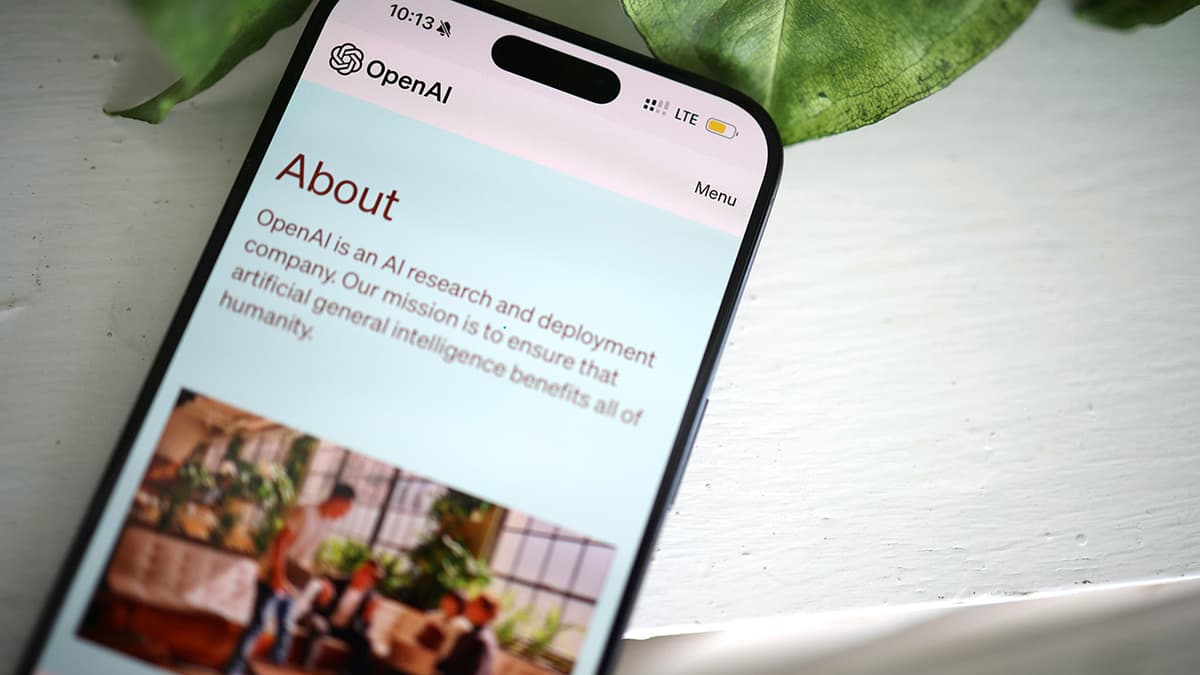Artificial General Intelligence: Making Machines Think Like Us
Wouldn’t it be amazing to have a robot friend that helps with chores, tells jokes, creates music, and discusses complex topics? This concept is known as Artificial General Intelligence (AGI). AGI seeks to create machines that can think and reason like humans.
What Is AI?
Artificial Intelligence (AI) refers to machines or systems that perform tasks typically requiring human intelligence. This includes activities like playing chess, recognizing speech, translating languages, and recommending movies. While AI excels at specific tasks, it generally cannot operate outside its predefined roles.
Here Comes AGI: Beyond Imagination
AGI signifies a major advancement in technology. Unlike traditional AI, AGI can learn and apply knowledge across diverse activities. It aims to replicate human abilities in learning, reasoning, and understanding context. Consider a machine that can create art, solve mysteries, and provide empathy like a caring friend. AGI envisions an entity capable of mastering any human task.
AGI serves as a comprehensive toolkit for intelligence. While traditional AI functions as a precise tool for defined tasks, AGI possesses the flexibility to select and utilize appropriate capabilities for various challenges.
Why AGI is Transforming Our World
The emergence of AGI promises to reshape human experience. It positions machines as key partners in solving complex societal issues. AGI has the potential to innovate in fields such as medical diagnostics, scientific research, and global problem-solving, blending roles of caregiver, collaborator, and innovator.
As AGI evolves, it continuously adapts to human knowledge and technology. This capacity for constant improvement will likely accelerate human capabilities and raise both excitement and caution as we navigate this new frontier.
Exploring AGI also encourages discussions about ethical, social, and existential concerns. As we advance, dialogue regarding AGI will reflect our hopes and anxieties about a future intertwined with artificial intelligence.
Are We There Yet?
Are we currently experiencing AGI? No, AGI does not exist yet. Current AI systems are advanced but remain bound to their specific programming and cannot generalize their intelligence. Major tech companies are pushing boundaries in pursuit of true AGI, but significant challenges remain.
Building AGI is a daunting technical task. It involves replicating the human brain's neurons and their connections while recreating how these neurons learn. Additionally, AGI must comprehend context, demonstrate common sense, and grasp abstract concepts. Teaching AGI is a complex endeavor.
Balancing the Scales of AGI
Creating human-level intelligence raises ethical questions. How can we ensure AGI acts in our best interests? What impact will AGI have on employment? Who determines how AGI is developed and utilized?
Many experts stress the importance of careful AGI development. It requires collaboration among engineers, ethicists, and policymakers to shape AGI’s future responsibly, ensuring its reliability and safety.
Looking Forward
The journey towards AGI presents an exciting challenge with the potential to transform our world. While much remains to be learned, the possibilities for AGI are vast.
AGI heralds a time when our dreams of meaningful interaction with machines may come true. Until that moment arrives, we can appreciate the strides of AI and anticipate the exciting developments that lie ahead for AGI.












